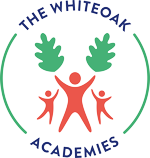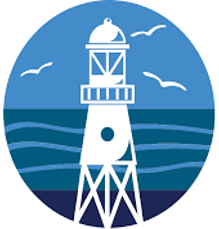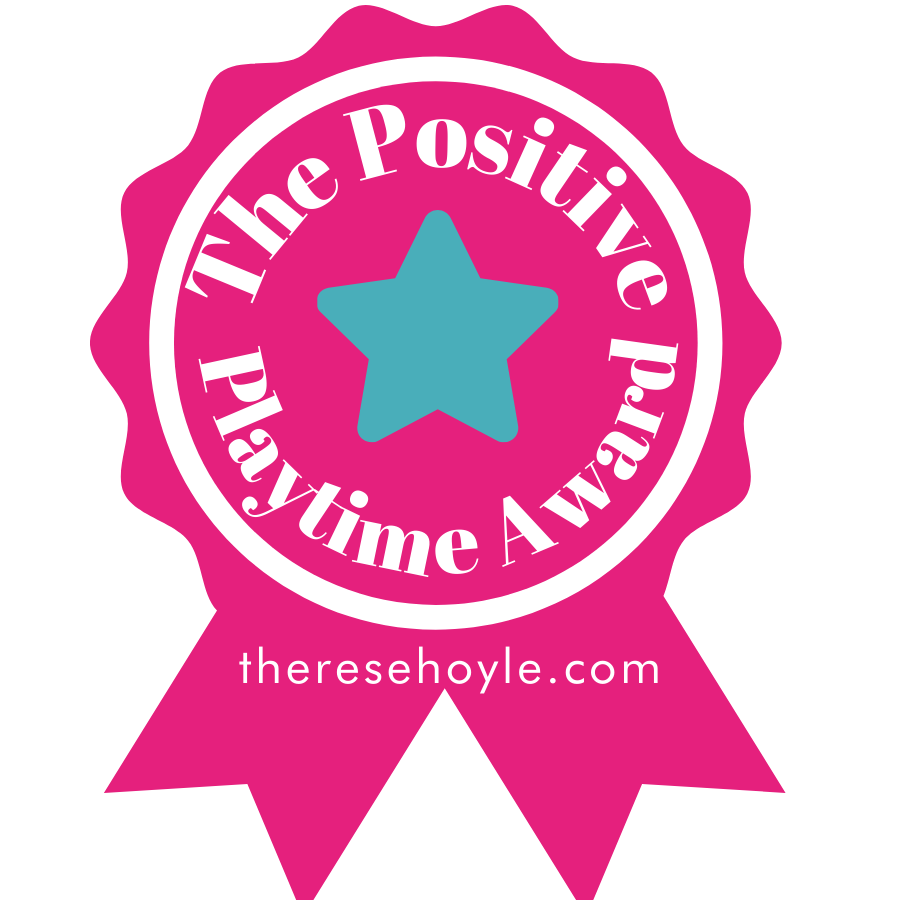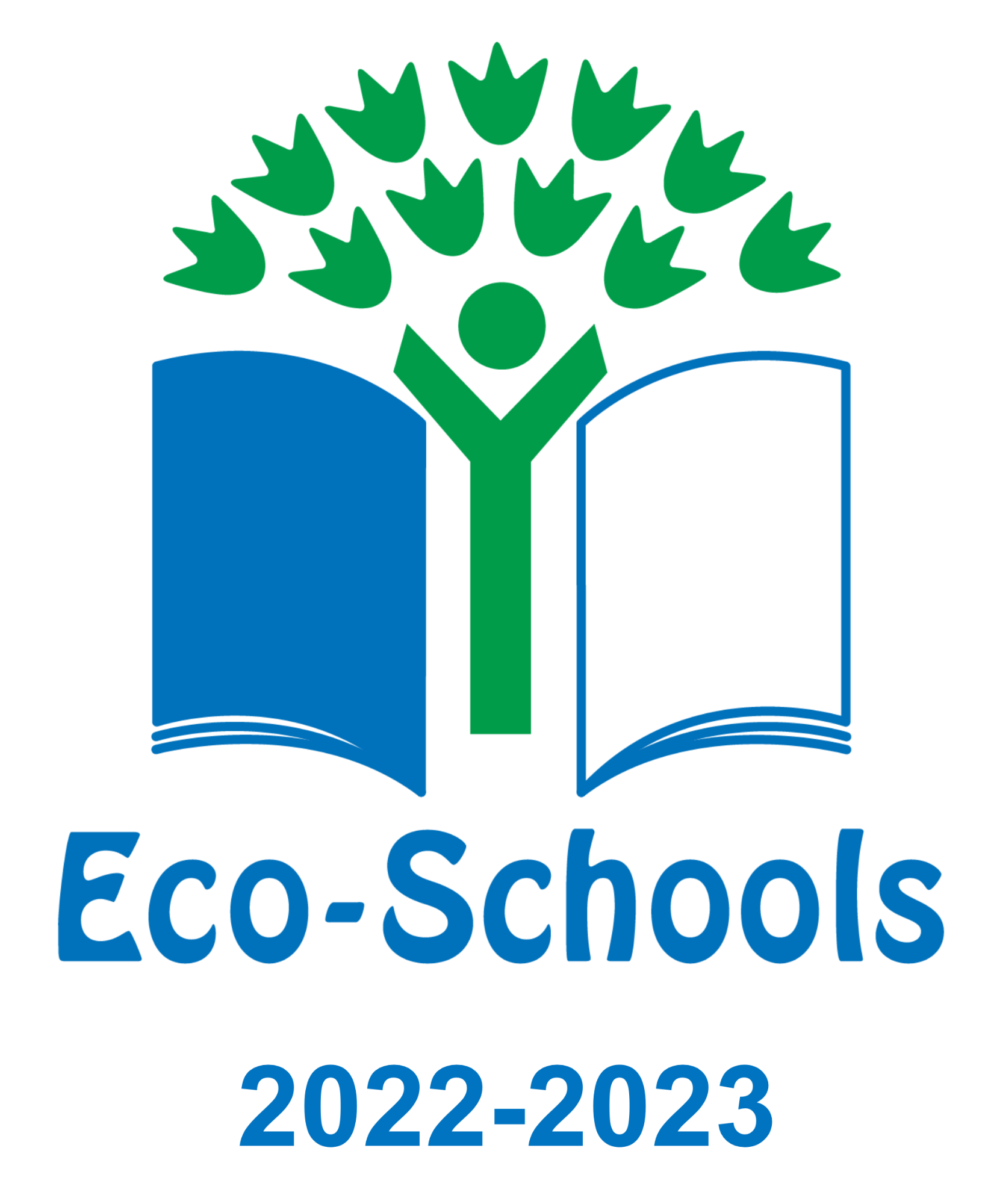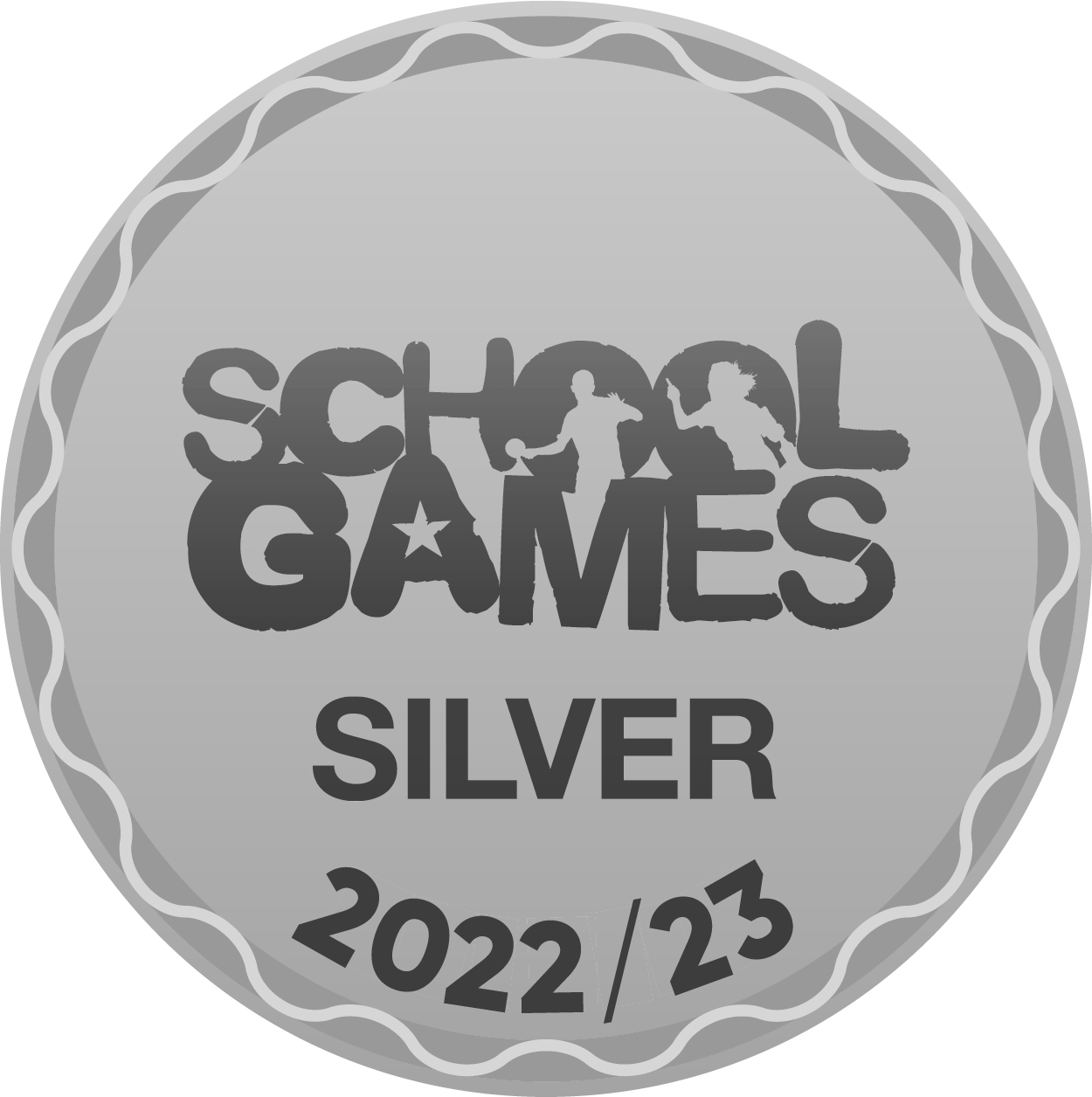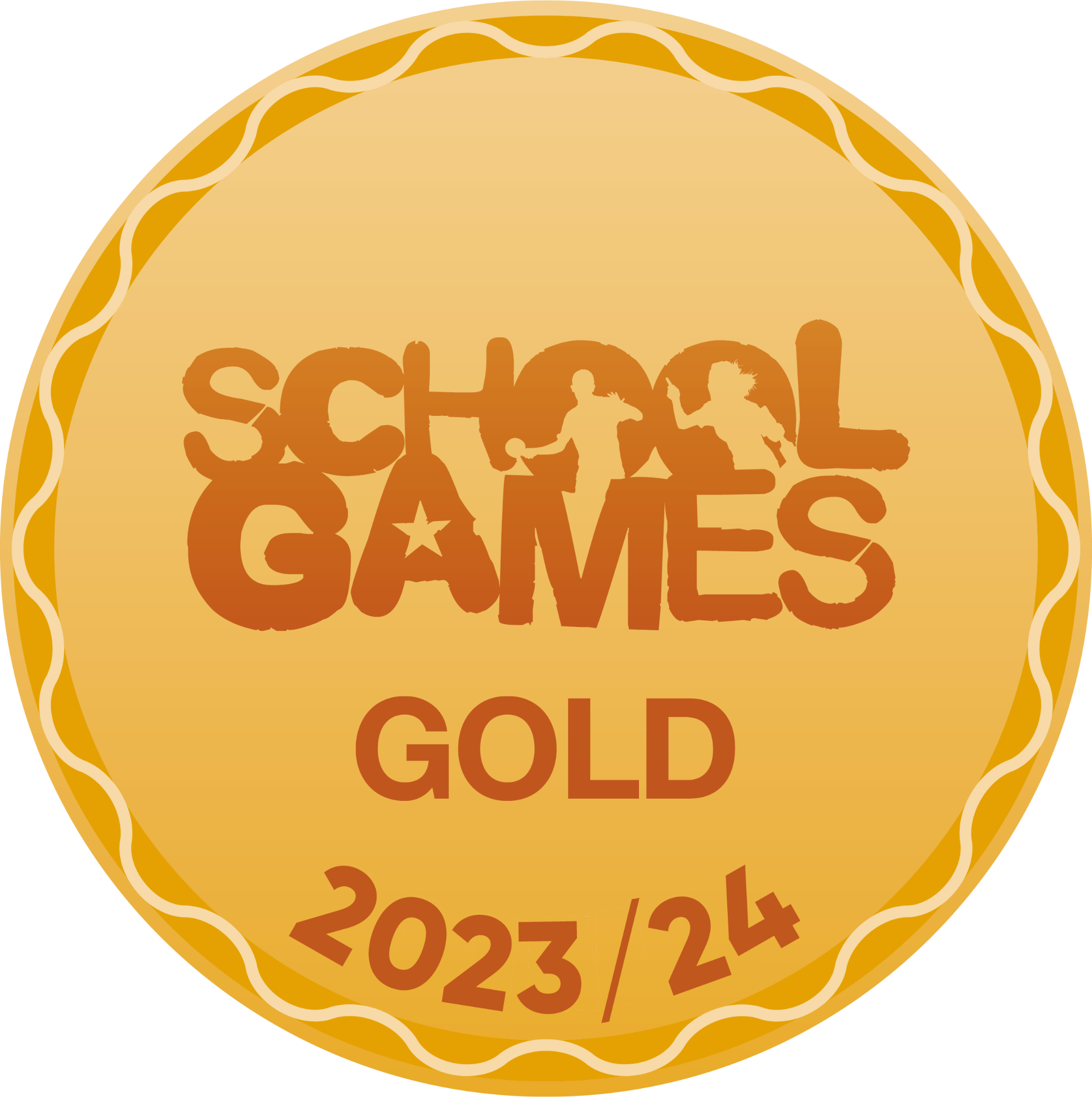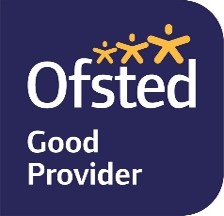Computing
Computing - The Whiteoak Way



.
'Technology is the wings that will allow the educational world to fly further and faster than ever before.'
Jenny Arledge
Our aims for Computing
We have developed our curriculum so that each and every child at the Whiteoak Academies thrives by becoming:
- Knowledgeable & Curious
- Respectful & Compassionate
- Independent & Fulfilled
In support of our curriculum vision and aims, we have crafted our own Whiteoak Way for Computing. We aim for our children to flourish in the 21st century and seek to prepare them to help create the future so that they can be autonomous, independent users of computing technologies ready for jobs that do not exist yet, the technologies that do not exist yet and problems that we do not know are problems yet. Therefore, we know and understand that we need to develop strong foundations of confidence in the fundamental skills in every child, to not only become confident users of technology, but to become creative, passionate users in any field they may choose in our ever-changing digital world.
We recognise that Computing is an important tool in both the society we live in and the process of teaching and learning. At the Whiteoak Academies, children learn to possess a wide range of knowledge and skills across a variety of programmes, software, platforms and devices in the aim that we enable them to embrace and utilise technology in a safe and socially responsible way. Furthermore, we seek to give our children the tools to find, explore, analyse, exchange and present information responsibly, creatively and with discrimination. Our children also learn how to employ computing technologies to enable rapid access to ideas and experiences from a wide range of sources, to support learning across the curriculum and to ensure that our curriculum is accessible to every child.
Our Computing curriculum is split into four different strands covering the theory behind how computing systems work, digital media, programming and data and information.
As a family of schools, we aim to ensure that:
- pupils are supported in the acquisition of knowledge, through the use of key concepts, terms, and vocabulary, providing opportunities to build a shared and consistent understanding.
- project-based learning activities are used to provide pupils with the opportunity to apply and consolidate their knowledge and understanding. Design is an important, often overlooked aspect of computing.
- physical computing and making activities are used that offer tactile and sensory experiences to enhance learning and not just app and programme-based activities.
- when teaching programming, we focus first on code ‘reading’ activities, before code writing. With both block-based and text-based programming, we encourage pupils to review and interpret blocks of code.
- we use a variety of activities to consolidate knowledge and understanding of the function and structure of programs.
- we use creativity and computational thinking in order to become digitally literate and ready to safely embrace new possibilities and tackle the challenges of our modern world.
Ultimately, we wish to inspire the web designers, game developers and software builders of the future.
Our Computing curriculum has also been planned and developed using the National Curriculum which aims to ensure that all pupils:
- understand and apply the fundamental principles and concepts of computer science, including abstraction, logic, algorithms and data representation
- can analyse problems in computational terms, and have repeated practical experience of writing computer programs in order to solve such problems
- are able to evaluate and apply information technology, including new or unfamiliar technologies, analytically to solve problems
- are responsible, competent, confident and creative users of information and communication technology.
Computing - Whole School Overview 2023

'Those who can imagine anything, can create the impossible.'
Alan Turing
